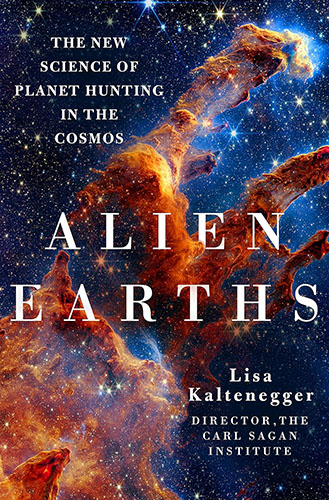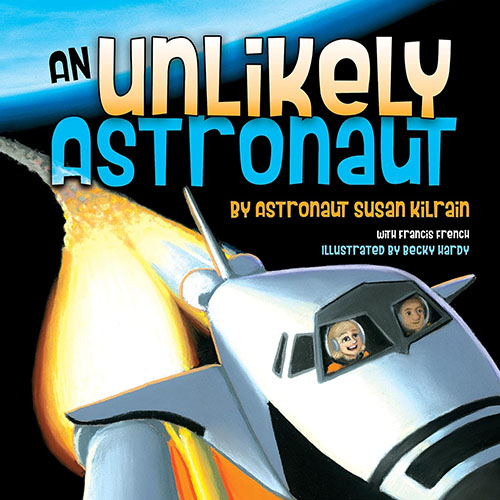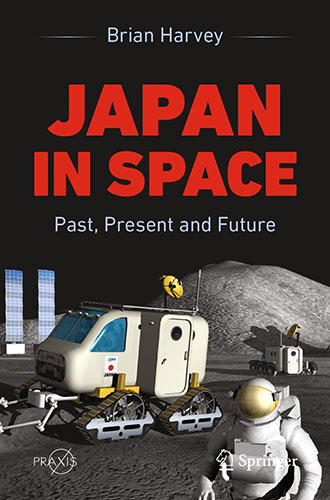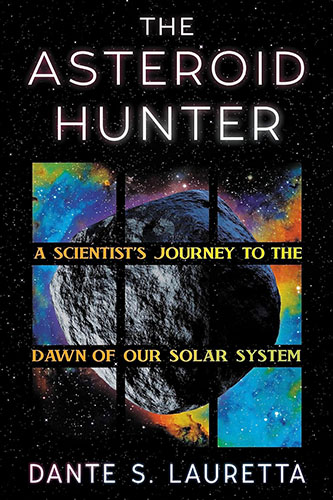By Candice Nunez, NSS ISDC Reporter, courtesy QGITS
David J. Ruck is a photographer, filmmaker and educator, currently based in Maryland where he and his producing partner, Anne Menotti, are working on several documentaries and projects. David specializes in emotive imaging – creating film, video, and photographic projects that inspire an emotional reaction from audiences. David is founder of Rubangfilms he produces cutting edge science, exploration, history, and space-related documentary films. His latest production, “I want to be an Astronaut”, was premiered aboard the International Space Station and has been widely covered in the national media advocating for STEAM (Science, Technology, Engineering, Art, and Math) programs. David will be screening his film this summer at the National Academy of Sciences Building’s historic amphitheater to celebrate the 60th Anniversary of the American Astronautical Society, in Washington, DC his film will also be featured at this year’s ISDC National Space Society conference in Los Angeles on Sunday May 18. QGITS (an online publication for STEM students) was thrilled to talk with David Ruck about his film documentary “I want to be an Astronaut” and the importance of having a space program.
QGITS: What inspired you to become a filmmaker and storyteller that highlights important issues like space?
 David Ruck: I have been making films for about 14 years, I have never made anything like this one before but I was really inspired by hearing Neil DeGrasse Tyson on the Bill Maher show talking about NASA’s budget and how we spent more money bailing out the banks in 2008/2009 than we had in the 50 years in the space program. While I was not paying attention to space at the time, however; I knew that NASA was a source of inspiration for young people that wanted to be astronauts. A contextual example of why you need to learn science, technology, engineering, and math (STEM). So are we paving the way to be a nation that’s setting the bar high for our the future, serving the ultimate American dream, if you will, this idea of wanting to be an astronaut? If we don’t have a space program even capable of getting humans into space then have we completely lost that dream? I really wanted to know what the consequences of that would be on the everyday person. Through this journey identifying this young man, who not only wanted to be an astronaut since he was 3 but at 17 he really had a full body vision of wanting to remove humanity beyond earth for political, economic, social and cultural reasons. I found this kid who had this vision of why this important and I received more than what I bargained for and that’s when I felt what he was really up against because nothing inspires kids more like a vibrant space program. If we don’t have that then we are forfeiting not just our future in space but our economic future. I think the space program is a source of national pride an example of what the government can do when it’s doing its best and why the average citizen should be interested in space.
David Ruck: I have been making films for about 14 years, I have never made anything like this one before but I was really inspired by hearing Neil DeGrasse Tyson on the Bill Maher show talking about NASA’s budget and how we spent more money bailing out the banks in 2008/2009 than we had in the 50 years in the space program. While I was not paying attention to space at the time, however; I knew that NASA was a source of inspiration for young people that wanted to be astronauts. A contextual example of why you need to learn science, technology, engineering, and math (STEM). So are we paving the way to be a nation that’s setting the bar high for our the future, serving the ultimate American dream, if you will, this idea of wanting to be an astronaut? If we don’t have a space program even capable of getting humans into space then have we completely lost that dream? I really wanted to know what the consequences of that would be on the everyday person. Through this journey identifying this young man, who not only wanted to be an astronaut since he was 3 but at 17 he really had a full body vision of wanting to remove humanity beyond earth for political, economic, social and cultural reasons. I found this kid who had this vision of why this important and I received more than what I bargained for and that’s when I felt what he was really up against because nothing inspires kids more like a vibrant space program. If we don’t have that then we are forfeiting not just our future in space but our economic future. I think the space program is a source of national pride an example of what the government can do when it’s doing its best and why the average citizen should be interested in space.
View the official trailer of “I want to be an Astronaut” documentary below – The dream of one boy. The fate of one nation. Our future in space.
QGITS: What was it like documenting someone like 17 year old Blair?
David Ruck: Meeting Blair and following his First Robotics team, really gave me hope. Teams at 15 and 16 years old build robots to help solve common problems. I just didn’t even know these things were possible for them to do at this age or to even be working on – I think that’s a testament to the First Robotics program and other programs like it. I saw the potential of our future and if these kids were given exciting opportunities down the road, then that just gave me a lot of hope. It also really frustrated me when I see that, in spite of the fact, there are clearly qualified individuals out there ready and willing to commit themselves for these challenges, yet we haven’t committed ourselves as a nation to making this a huge priority. That’s why I made this film and that’s why I have gone from being someone who wasn’t paying attention to space, into someone who now understands and appreciates the young people who want to pursue these things and what they are going to be offering us in the future. We need to pave the way for them to be successful.
QGITS: Anything else you would like to add?
David Ruck: Ultimately the goal of this film is to emphasize the importance of the space program, what the space program has done for us, furthermore; what it could do for us as a nation and in the future if we decide to make space exploration a priority.



















1 thought on “ISDC Film Screening: "I Want to Be an Astronaut" – David Ruck”
Actually the answer is simple and far easier than it used to be. You can study engineering or other useful trades and go work for companies like SpaceX and XCOR; or you can focus on anything that makes you well off and you can buy a flight from them or Virgin or any of the others who will be in the business by the time youngsters graduate. You can join a one way expedition to Mars and be one of the settlers there in about 10-20 years from now. There has never been a time when the options for actually going into space were more real and more wide open.
Just as an example… once we (XCOR) start flying, within 2 years there will be more people who have passed the Von Karman line in our craft than all of the astronauts to fly from Yuri to present. I expect George Whitesides, are much missed former Exec Director and now head guy over at The Spaceship Company could say much the same about his soon to come fleet of SpaceShipTwo’s. Elon will not just be flying government employees even in the early days. As soon as he has DragonRider ready to go (announcement due May 29) it will only be a matter of time before the Bigelow commercial space station goes up. The only thing it has been waiting for was the taxi.
So tell kids that this is the most exciting time in history to be alive. They will see Mars. Personally if they so choose.